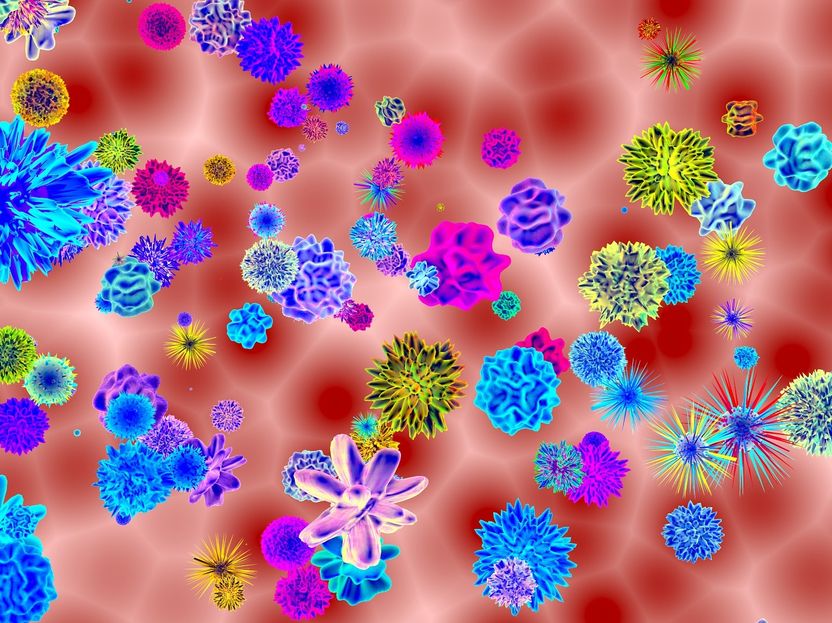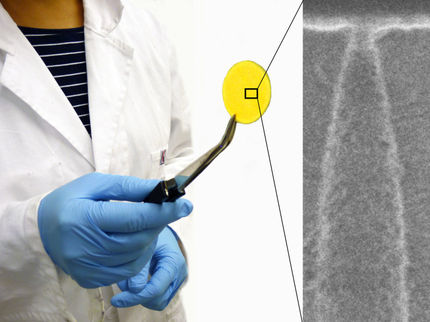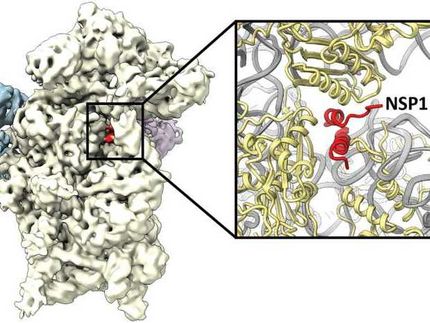A new way of rapidly counting and identifying viruses
A Lancaster University professor has introduced a new concept for rapidly analysing for the presence of a virus from colds to coronaviruses
Based on analysing chemical elements the methodology, which has been adapted from an analytical technique used to identify metallic nanoparticles, is able to detect the presence of viruses within just 20 seconds.

Symbolic image
pixabay.com
Although the tests would need to be performed in a lab, it could be used to quickly identify whether people admitted to hospitals have been infected by a virus - enabling clinicians to decide treatments and also whether to admit patients into isolation wards.
The proposed technique, called 'Single virus inductively coupled plasma mass spectroscopy' (SV ICP-MS) analysis, can be used to quickly determine families of viruses. However, although the concept can identify that someone has a type of coronavirus for example, it would not be able to determine the type of coronavirus, or variants. Additional tests would still be required to find out the specific virus someone was infected with.
While SV ICP-MS is not an alternative for tests developed to specifically identify types of Covid-2 infections, it could be used to discriminate if viruses from one family, such as coronaviruses, are present or not. If a virus is found to be present, more specific testing would be needed.
The concept, developed by Professor Claude Degueldre, from Lancaster University's Department of Engineering, uses diluted samples of fluids, such as nasal mucus or saliva, from patients. A plasma torch is used to atomise and ionise the virus particles. Measurements of intensities for selected masses of the elements from the viruses provide rapid results to show the presence of a virus or not. This process works on DNA and RNA virus types within seconds.
Complementary analysis such as existing sequencing techniques can be tested to complete the identification, though they can take up to two days.
Another key benefit is the ability to test a large number of samples quickly.
Professor Degueldre said: "What we are proposing here is not a new Covid test but is a new concept to rapidly find out if there are viruses present. This would be useful if people are ill but it is not known if they have a virus or another health condition that is making them sick. This concept would inform the clinical team whether or not there is a virus to inform early treatment actions and other measures such as the need for isolation. More detailed tests would still be required to discover the exact viral infection, but results from these take longer.
"Another application for the concept is to test water samples from sewage systems or down flow in rivers. The results would enable public health experts to identify areas of cities that have viral outbreaks".
The concept is still at an early stage and further research and experiments are needed to further develop the process.
Original publication
See the theme worlds for related content
Topic World Mass Spectrometry
Mass spectrometry enables us to detect and identify molecules and reveal their structure. Whether in chemistry, biochemistry or forensics - mass spectrometry opens up unexpected insights into the composition of our world. Immerse yourself in the fascinating world of mass spectrometry!

Topic World Mass Spectrometry
Mass spectrometry enables us to detect and identify molecules and reveal their structure. Whether in chemistry, biochemistry or forensics - mass spectrometry opens up unexpected insights into the composition of our world. Immerse yourself in the fascinating world of mass spectrometry!



























































